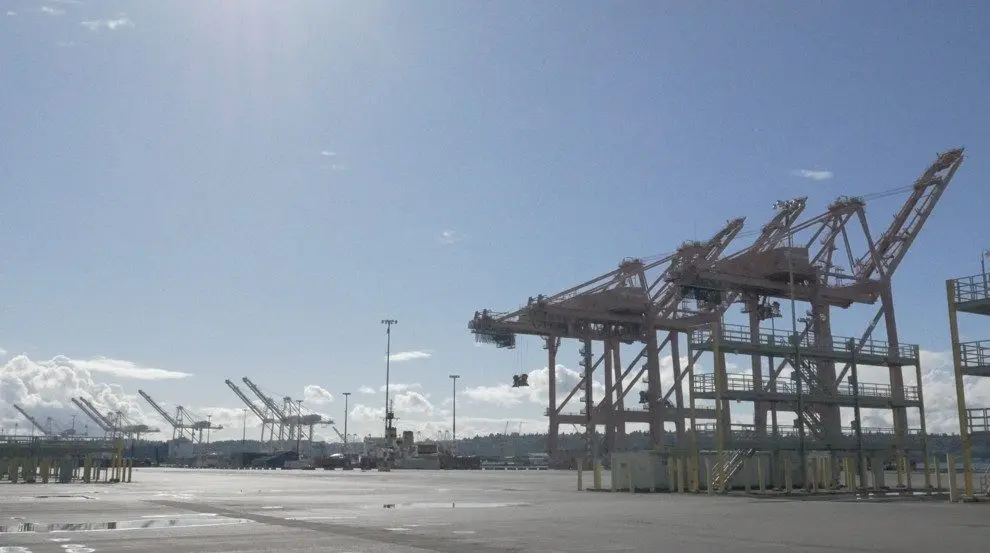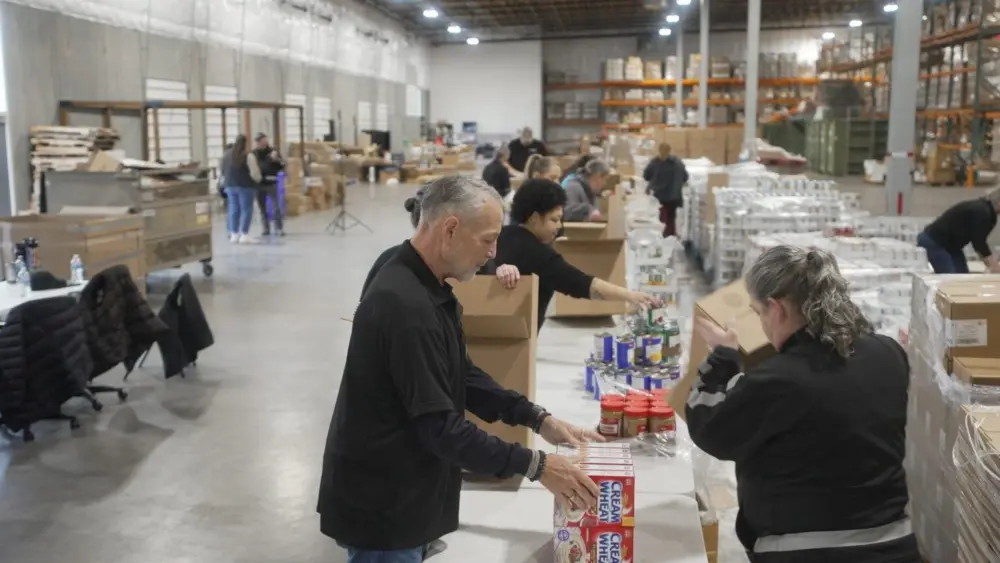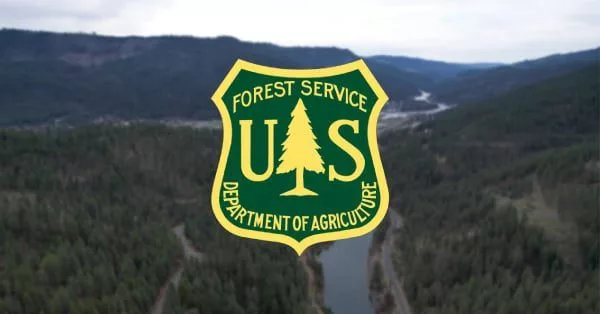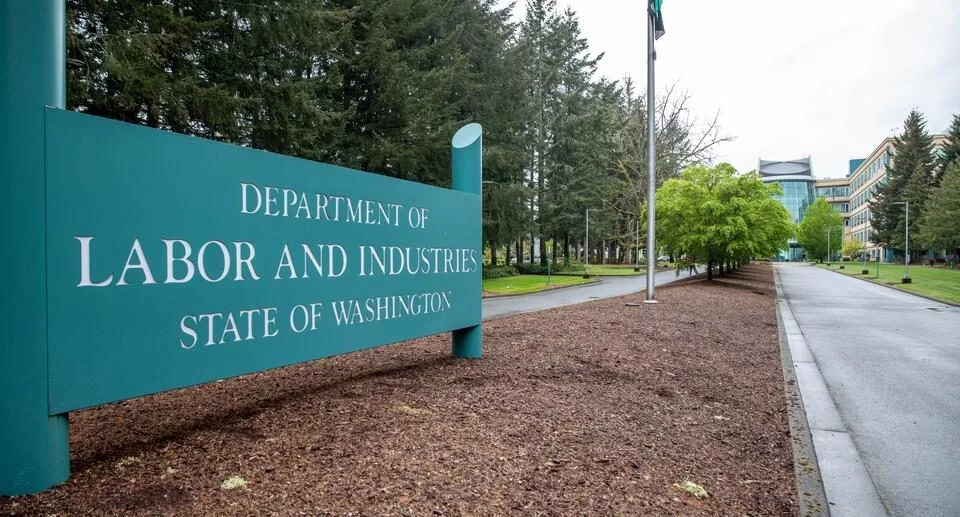OLYMPIA, WA – The head of Washington’s largest business association said the state’s manufacturing sector is at risk due to growing taxes, complex regulations and trade uncertainty.
Association of Washington Businesses President Kris Johnson spoke on the current state of Washington’s manufacturing sector during his 2025 State of Manufacturing address on Wednesday at Northwest Seaport Alliance’s Terminal 46 in Seattle.
“Between an ever-growing number of taxes, regulations coming out of our state government, and trade uncertainty at the federal level, manufacturers are dealing with unprecedented challenges,” Johnson said.
Despite the challenges facing Washington’s manufacturing sector, Johnson said a strong foundation can help get it back on track as long as three challenges are addressed: taxes, trade uncertainties and overregulation.
AWB’s latest survey of Washington manufacturers showed that taxes are their top concern as the state Legislature passed a budget this session that raised taxes by $9.4 billion over the next four years. This included higher business and occupational taxes and an expansion of the sales tax on services. Those new taxes went into effect on Wednesday.
Johnson said companies have told AWB about the state budget’s impacts on their businesses. This includes an engineering and technology company estimating it will have to pay an additional $300,000 to $400,000 a year. Additionally, an agricultural employer in Eastern Washington expects higher costs across cold storage and warehousing, while restaurant operators warn that rising wages and real estate taxes are forcing closures.
More state manufacturers are going into a “wait-and-see” mode, delaying decisions on hiring or expansion due to economic uncertainty.
President Donald Trump’s on-and-off implementation of tariffs is adding another level of uncertainty for manufacturers, as they cannot plan for a stable future.
Washington employers are also telling AWB that the state’s regulatory environment is becoming increasingly complex. AWB’s most recent study found that companies report spending more time and money on compliance than on innovation or expansion.
Johnson suggests state lawmakers focus on streamlining permitting, harmonizing rules across state agencies and ensuring new regulations come with clear timelines in order to bring balance to regulations.
The program also featured a bipartisan legislative panel with focused on manufacturing growth, energy, workforce development and Washington’s tax and regulatory climate
Rep. Sam Low, R-Lake Stevens, agreed that regulatory burdens and increased taxes have made it difficult for businesses, adding that “we can’t tax our way out of prosperity.”
“Manufacturing can thrive here, but only if Washington creates a regulatory environment that allows employers to build, expand and hire,” Johnson said.
Manufacturers employ about 8% of Washington’s workforce and generated nearly $18 billion in activity in 2024 alone, according to Johnson. Over the next decade, the Port of Seattle is expected to create another 100,000 manufacturing jobs.
Wednesday’s address launched AWB’s annual Manufacturing Week bus tour, which highlights the state’s manufacturing sector. The six-day tour continues with stops in Seattle, Renton, Everett, Marysville, Mount Vernon, Bremerton, Port Townsend, Sequim and Gig Harbor.
Next week, the tour will head east to the Tri-Cities, Spokane, Yakima, Moses Lake and Ellensburg.





